Back-End Security Measures for Protecting Sensitive Data in Online Business
Running an online retail business is more than just about great products and smooth customer experiences. It's also about protecting the sensitive data that customers and the business share. This ain't just a "nice to have"; it's a must-do, especially with Australia's strict data protection regulations.
Why Robust Security Matters
Every click, every purchase, every login in an online store involves data. We're talking about customer names, addresses, payment details, and even the business's own operational secrets. If this data falls into the wrong hands, it could mean financial loss, reputation damage, and in some cases, legal consequences. For us at OME Outsourcing, keeping data secure in our marketplace is priority number one.
Common Security Risks and How to Tackle Them
When managing an online retail business, you're exposed to a variety of security risks. These include:
Phishing Attacks: Hackers often send fake emails to steal login credentials or other sensitive information. Solution? Always use a secure email gateway and train employees to spot phishing attempts. Regular updates to email filters can also help weed out these threats before they reach your inbox.
Malware and Ransomware: These malicious programs can corrupt files, lock down systems, and even demand payment to restore access. The best defense is a strong antivirus and regular backups. If data is encrypted and backed up, the impact of ransomware can be minimised.
Data Breaches: When unauthorised users gain access to customer or business data, it’s a breach. This can happen through weak passwords, unpatched software, or even insider threats. Enforcing strong password policies, regularly updating software, and monitoring system access can prevent most breaches.
Security Risks in Back-End Operations
Security risks aren't just about front-end issues like phishing. The back-end operations of an online retail business also face threats:
Inventory Management Systems: Inventory data could be altered or deleted, leading to stock inaccuracies or even theft. Solution? Secure inventory systems with strong access controls and regular audits.
Payment Processing: If not properly secured, payment systems can be targeted by hackers to steal financial information. Use encrypted connections (like HTTPS) for payment processing and adhere to PCI DSS standards.
Customer Support Systems: Support systems often handle sensitive customer information, making them a target. Implement strict access controls, and ensure customer data is anonymized when possible.
Adding Security for Employees
Employees are often the first line of defense when it comes to protecting sensitive data. Here’s how to boost their security:
Two-Factor Authentication (2FA): Requiring employees to use 2FA for accessing business systems adds an extra layer of security. Apps like Duo Security or Google Authenticator can be easily implemented to provide this protection.
Regular Security Training: Employees should be trained regularly on the latest security threats and how to avoid them. Platforms like KnowBe4 offer interactive security awareness training that helps employees recognize and respond to security risks.
Secure Access Controls: Limit access to sensitive data based on employee roles. Using apps like Okta for identity and access management ensures that only authorised personnel can access critical systems and data.
Encrypted Communication: Encourage employees to use encrypted communication tools for sharing sensitive information. Signal is a great option for secure messaging and can be used for both personal and professional communications.
Importance of Adhering to Australian Data Protection Regulations
In Australia, regulations like the Privacy Act 1988 and the Notifiable Data Breaches (NDB) scheme are in place to ensure that businesses protect personal information. Compliance isn’t just about avoiding penalties; it’s about building trust with customers. If a breach occurs and it’s found that proper security measures weren’t in place, the fines and reputational damage could be devastating.
Protecting sensitive data in online retail is a never-ending task. With the right security measures, tools, and adherence to Australian regulations, businesses can keep customer and business data safe. And that’s not just good practice – it’s essential. At OME Outsourcing, we've seen firsthand how crucial these steps are in running a secure, successful online marketplace.
